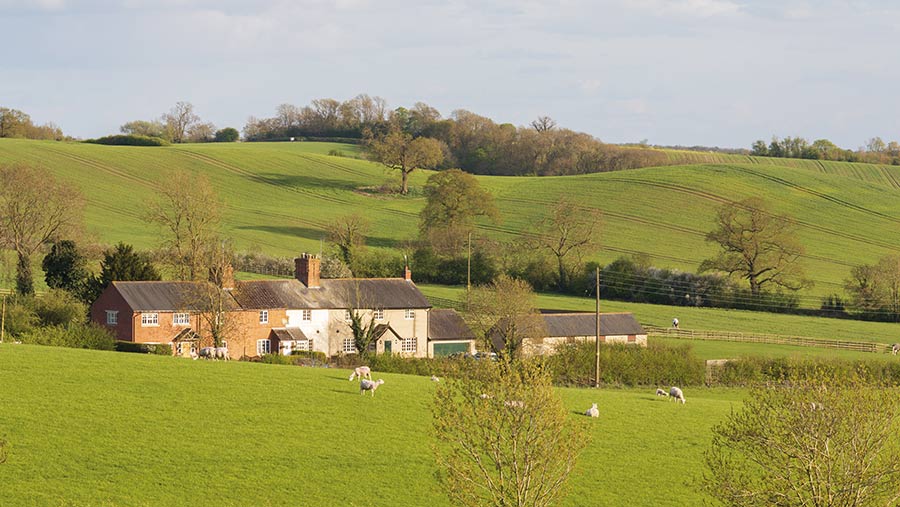Business Clinic: How to split capital gain on farm cottage?
 © Adobe Stock/Joyce D Holyoak
© Adobe Stock/Joyce D Holyoak Whether you have a legal, tax, insurance, management or land issue, Farmers Weekly’s Business Clinic experts can help.
Here, Chris Thorpe of Moore Scarrott advises on how a Capital Gains Tax liability might be shared on a farm cottage.
My brother and I are partners in a farming business. We recently sold a cottage which he and his family have lived in since 1988. Prior to that, from 1981 my wife and I lived there. The property was left to my brother and myself in 1983 and valued then at £45,000. When I lived there, I carried out minor improvements, (new kitchen, bathroom and central heating) at my cost. When my brother moved in, after four years he added a 14sq m ground floor extension, (lounge, hall, downstairs shower room and toilet, extended kitchen) at his expense. We sold the property for £410,000 and I will have to pay tax on my half. We plan to use the proceeds to develop some of our old farm buildings, on which we have recently gained residential planning permission . As my brother extended the cottage, can we apportion the added value to his tax free part of the sale?
The capital gain on the cottage will be split between you and your brother, however as you both lived there (presumably as your principal residence) after 1982, some of your gain will be exempt by virtue of Principal Private Residence (PPR) relief based on the times you each lived there.
Enhancement expenditure made by you or “on your behalf” can be added to the property’s base cost. Therefore, any added value of the new kitchen, bathroom and central heating which you contributed can be added to your half of the gain, but equally it could be applied to both of your shares equally; as could the value of the extension your brother added to the property.
See also: Business Clinic – should I use a trust to bequeath farm?
The starting position would be to ask whose money was used for the work (your own or the partnership’s) and in whose name it was carried out. Likewise, if there were any agreement/loan between the two of you that one would pay for the works on the other’s behalf.
If it were carried out in your individual names and with your own money, the default position would be that your own expenditure would only go against your own portion of the gain.
However. it might be arguable to spread the total combined expenditure across both of your shares if you were both partners in the business, which might be more beneficial to you as you have fewer years with the property as your PPR.
The next issue is whether there’s the possibility of rolling over any remaining gain into the old farm buildings. If the cottage was occupied as a farmhouse then rollover relief would be available, but only if the old farm buildings also retained some agricultural use at the time you spent the proceeds. However, if the spending on those old buildings is to convert them into residential properties, then no such relief would be available.
So, the answer to your question would be – yes, half of the combined costs, or your brother’s own added value costs can be apportioned to his share of the cottage sale. Much of that resulting gain should be then be largely tax-free on his share, due to the amount of time he’s been living there as his PPR.
Do you have a question for the panel?
Outline your legal, tax, finance, insurance or farm management question in no more than 350 words and Farmers Weekly will put it to a member of the panel. Please give as much information as possible.
Email your question to FW-Businessclinic@markallengroup.com using the subject line “Business Clinic”.

